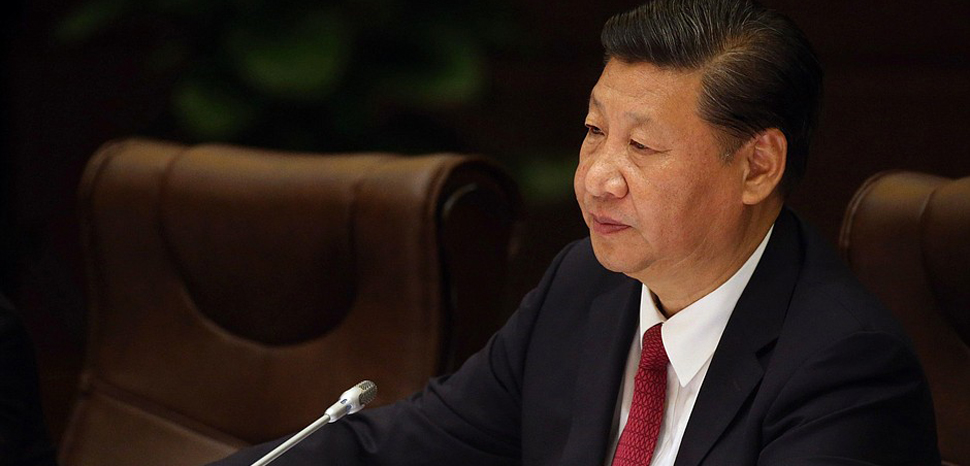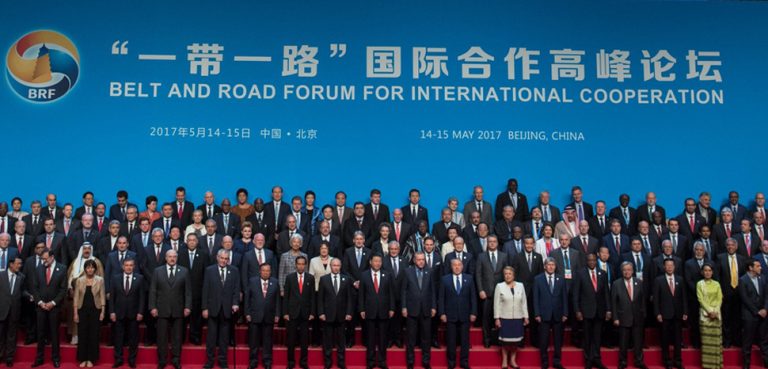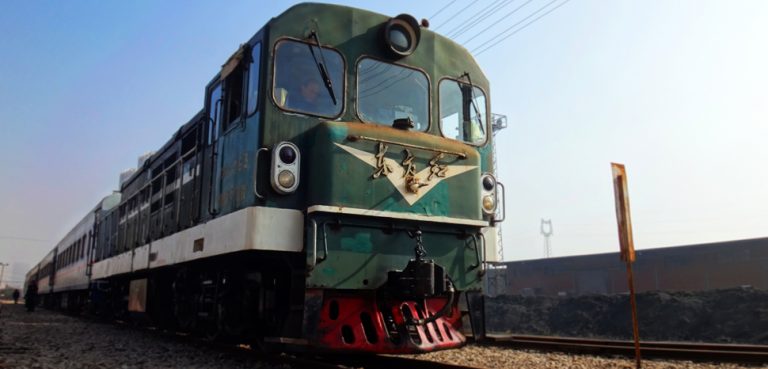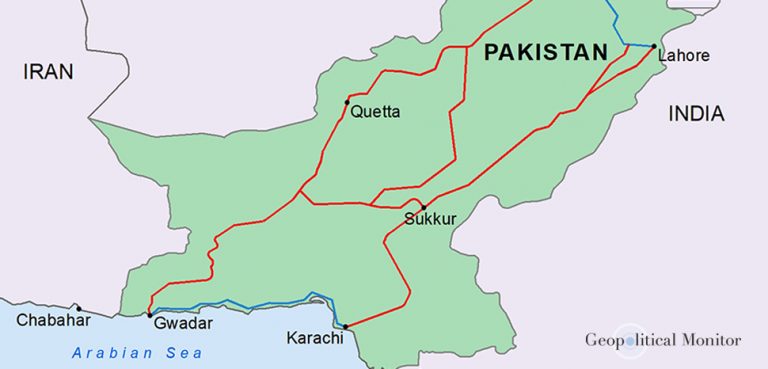The latest visit to Europe by Premier Li Keqiang comes at a tense time in relations with the EU. He would like to convince the EU’s leaders that closer ties with China will boost their economies, improve global governance, and put everyone on the path to a bright shared future.
He is also promising that harmony with China offers Europe an advantage over the United States, where Donald Trump’s animosity has led to a damaging trade war. But within the EU’s member states, opinion upon China is split. Some countries warn of a lack of trust and reciprocation, while other governments, such as Italy, are ignoring such warnings and pursuing a deeper relationship.
Common Ground
China’s Foreign Minister Wang Yi is also attending the meeting in Brussels with the European Council President Donald Tusk and the European Commission President Jean-Claude Juncker. Mr Yi likes to emphasize China’s common ground with the Europeans, such as mutual support for the concept of multilateralism – a contrast with the perceived protectionism of Donald Trump. He is pleased that America’s European allies have not supported the massive trade tariffs on China.
Yet there remains some skepticism in Europe that China’s version of multilateralism genuinely represents a “win-win” arrangement. As the French finance minister Jean-Yves Le Drian told reporters recently: “If we’re going to talk about a new Silk Road, then it must be one that goes in both directions.”
Upper Hand
That chimes with the view heard widely within European parliaments and institutions that China always endeavors to maintain the upper hand in its dealings with its partners because it follows an agenda based firmly upon the ideologies of its Communist leadership. A recent strategy document from the European Commission described China as a “systemic rival promoting alternative modes of governance.”
Business leaders in Europe often warn that the Chinese Communist Party is tightening its grip on state-owned enterprises and sometimes moves to veto important corporate decisions for political reasons. The business lobby also complains that Chinese pledges to open up its markets to more to European companies have failed to materialize.
Diplomatic Deadlock
All this creates a diplomatic challenge for the leaders attending the Brussels summit. It is highly unlikely that enough of them will be in accord with China to offer a joint closing statement which warmly endorses a rival.
However, the Chinese have already recently enjoyed an important propaganda success in Europe. Last month, Italy formally endorsed the contentious Belt and Road Initiative, becoming the first G7 nation to officially do so.
Britain and BRI
The United Kingdom’s Finance Minister, Chancellor Philip Hammond is now pushing for Britain to also endorse BRI and is preparing to visit Beijing in a show of support later this month. Mr Hammond will not care much if this leaves Britain further out of step with the EU, as the UK on the verge of leaving the bloc following months of fraught Brexit negotiations.
However, endorsement of BRI may place Mr Hammond in conflict with some key members of his own government; a government led by a Conservative Party which is already in turmoil over foreign policy because of Brexit. An influential House of Commons Committee recently panned the government for putting trade with China above issues of national security and human rights.
The committee’s official report declared: “We must recognize that there are hard limits to what cooperation can achieve; that the values and interests of the Chinese Communist Party, and therefore the Chinese state, are often very different from those of the United Kingdom.”
Duncan Bartlett is the Editor of Asian Affairs magazine and a former BBC Correspondent in Asia.




